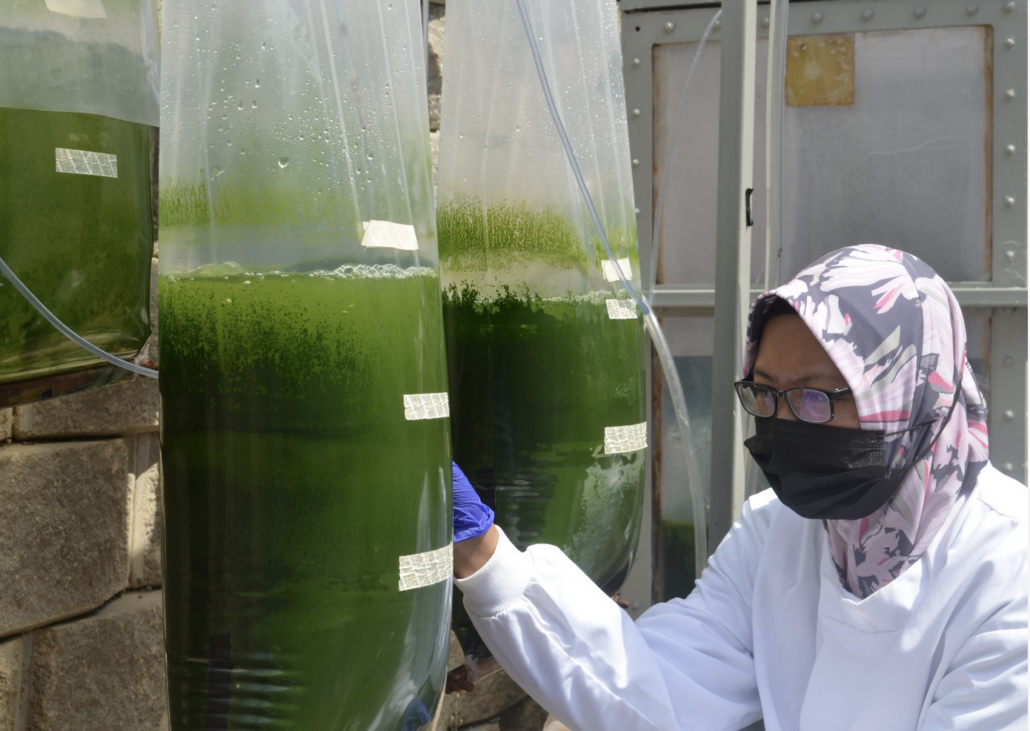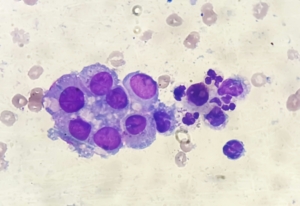
Cambridge university spin-out HutanBio Ltd bags £2.25m seed financing
British-Malasian marine algae biofuel start-up HutanBio has secured an £2.25m seed investment to produce carbon negative biodiesel in brackish water.
HutanBio, a Malaysian spin-out from scientists at Cambridge University, UK, has bagged a first tranche of seed investment from London-based Clean Growth Fund – a £101m venture capital fund that is targeting the UK’s most promising early-stage clean growth companies that are pioneering carbon emission reduction in the areas of power and energy, buildings, transport, agriculture and waste.
After a decade of research and development in both the UK and around the world, this investment will accelerate the commercial use of HBx biofuel oil. It is a low carbon fuel, which is made from auxotrophic salt-water algae. According to Hutanbio HBx biodiesel is a scalable high energy density, low carbon, sulphur-free, fuel solution, that uses CO? greenhouse gas as a feedstock. “We are quite simply replicating what nature has done for two billion years,” said co-foundder Noor Azlin Mokhtar, who founded the company together with John Archer and Suhaiza Jamhor.
Designed from the outset as a ready-made drop in replacement for diesel and feedstock for aviation fuels, HBx blends seamlessly with existing infrastructure and supply chains. It requires no engine or vessel modification, meaning adoption of HBx can be immediate and without affecting operational efficiency. Vessel life can be maximised whilst carbon emissions are reduced without changing ship and port operations which is crucial for rapid deployment.
Unlike other energy crops, HBx does not drive deforestation, compete with agricultural land or use fresh water. as the patented algae are grown in special bio-reactor farms. These farms, designed and engineered by HutanBio and controlled by Artificial Intelligence to optimise yields, will be built on unproductive and non-agricultural semi-arid and arid land in countries where there are high levels of sunlight such as the Australian red desert.
Optimised to thrive in brackish to very salty environments HBx, unlike current biofuels from terrestrial oil crops, does not compete for food resources. Even more, it can bring life to barren desert landscapes and add to the planet’s photosynthesis capacity, helping to remove millions of tonnes of CO?, cleanly and safely from the earth’s atmosphere.
With the seed money, HutanBio will expand it engineering and business development teams in Cambridge to accelerate its pilot scale production. Additionally, HutanBio will investigatie the possibility of its first biofarms to be in Morocco and Australia.




